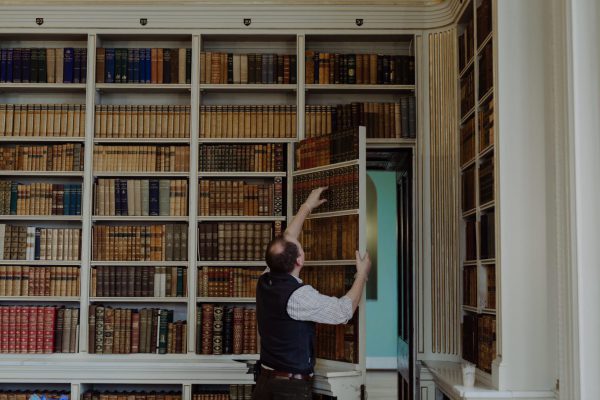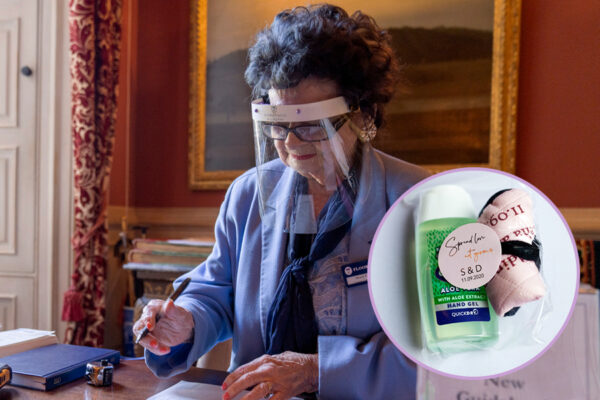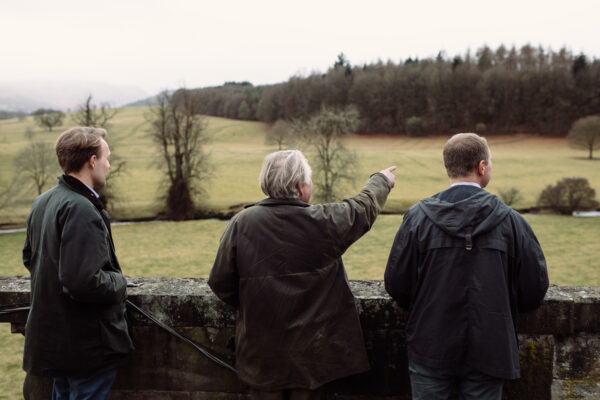Policy Round-Up: February 2022
As we ease into the government’s Living with Covid plan and the last remaining Covid restrictions disappear (in England at least), it feels (a lot of the time) that life is largely heading back to normal – and the return of face-to-face meetings and events has certainly been an added bonus.
February began with the release of the government’s long-awaited Levelling Up White Paper: we were somewhat disappointed that it glossed over levelling up rural areas rather than solely urban ones, but we continue to champion the importance of historic houses, gardens and parklands as a key factor in the levelling up agenda. To this end, we submitted responses to DCMS’ Cultural Placemaking & Levelling Up consultation in support of historic houses and their role in bringing ‘culture’ and local pride to rural communities.
We were delighted that our president, Martha Lytton Cobbold, gave evidence on behalf of Historic Houses to the DCMS Committee as part of their evidence session for their inquiry into Promoting Britain Abroad: the event was hosted at Knebworth House, so Martha was also able to give the MPs a tour, showing them first hand some of the joys and challenges of running a historic house business. The evidence session was a great chance to emphasise the importance of heritage and historic houses to the UK’s international tourism economy and to reiterate to members of the committee some of our key asks, including cutting the VAT on structural repairs to listed buildings and planning reforms.
The results from our 2021 Annual Survey have now come in and are being analysed. The headline findings show the impact of the pandemic on our member houses, as well as highlight the ongoing issues many of our places face with regards to connectivity and concerns over planning legislation. The findings will be excellent evidence in our continued lobbying campaigns, and we will be sharing the full summary with MPs and relevant stakeholders in the near future.
We have also been pleased to respond to the Royal Borough of Kensington and Chelsea (RBKC)’s consultation on their draft Local Listed Building Consent Order (LLBCO) on solar panels: this is effectively deregulation of planning permission and Listed Building Consent, so that residents of Grade II listed buildings (and some Grade II*) will be able to install solar panels without needing to apply for planning permission or Listed Building Consent. This initiative is much needed, and we applaud RBKC for being so forward-thinking as Britain races to reach its net zero targets. It will be interesting to see whether this encourages owners to install solar panels and whether RBKC deem this initiative to be a success.
March sees our Business Conference (you can book tickets here), English Tourism Week (18-27 March), and meetings with the Valuations Office and DLUHC, so there is plenty to keep us busy as we continue to champion the need for the appropriate fiscal and planning framework for independent historic houses.
Sarah and James, the Policy Team



